Hypo and Hyperglycaemia
Causes
Eating sugary foods, junk food and caffeinated drinks causes the release of adrenalin which tricks the body into thinking that it needs to release glucose into the blood stream, causing blood sugar levels to rise rapidly and unnecessarily. This leads to excessive insulin production by the pancreas, causing a rapid decrease in blood sugar level. The body then craves sugary foods to relieve symptoms, continuing a dangerous cycle that can lead to type 2 diabetes. When insufficient exercise is carried out to burn all of this excess sugar off, problems can occur all over the body as it struggles to detoxify. For people with diabetes, missing a meal, drinking a lot of alcohol or overdosing on their medication may cause them to have hypoglycaemia (low blood sugar). On the other hand, they may have hyperglycaemia (high blood sugar) if they are stressed, ill, not exercising enough, have eaten too much or have taken an incorrect dose of medication. Non-diabetics may experience high blood sugar during a period of rapid growth; they may have low blood sugar after having weight-loss surgery, taking certain types of medication or if they suffer from certain underlying medical conditions.
Symptoms
Blood sugar problems are usually found in sufferers of diabetes and can create both physiological and emotional symptoms. When experiencing hypoglycaemia, a person may feel hungry, tired, shaky or dizzy. Excess sweating, increased heart rate and paleness may also be evident as well as a change in mood, which can make a person anxious, irritable, tearful or confused. Other physiological symptoms include cold extremities, hypotension and blurred vision. Hypoglycaemia can cause a person to behave uncharacteristically and if left untreated, they may have a seizure or become unconscious. Indicators of hyperglycaemia can include increased thirst and urination, tiredness, blurry vision, abdominal pain and nausea. Prolonged hyperglycaemia can cause serious damage to nerves, blood vessels and other organs.
BICOM® Programs to be Used
Supplements to take
Vitamin C, vitamin D, zinc, magnesium, chromium, manganese
Other therapies
When experiencing a severe drop in blood sugar level, patients can relieve their symptoms by taking dextrose tablets or consuming a sugary or carbohydrate-rich snack, drink or meal. Carrying an emergency snack at all times will help in the case of unexpected hypoglycaemia. If the person is unconscious, they can be given a glucagon injection. Fuelling the body on plant-based foods and beneficial fats rather than sugary and carbohydrate-rich foods such as wheat will reduce the chance of insulin resistance developing. It is vital to eat at regular intervals and not skip meals or overeat. Some have found it beneficial to carry out intermittent fasting, where they eat normally for a few days, followed by a day of eating a very restricted number of calories. Water intake should be at least 2 litres per day and alcoholic and caffeinated beverages are to be kept in moderation. It is best to make time for varied, suitable exercise every day as well as ensuring sufficient sleep to help the immune system. Trying to reduce stress will help to prevent hyperglycaemia.
Experiences and case studies
Michael Mosley, a doctor and presenter, was diagnosed with type 2 diabetes in 2012. Rather than turn to medication to control his blood sugar levels, he managed to reverse the condition in less than 3 months by restricting his calorie intake to just 600 calories for 2 days each week, while eating normally for the other 5 days.
